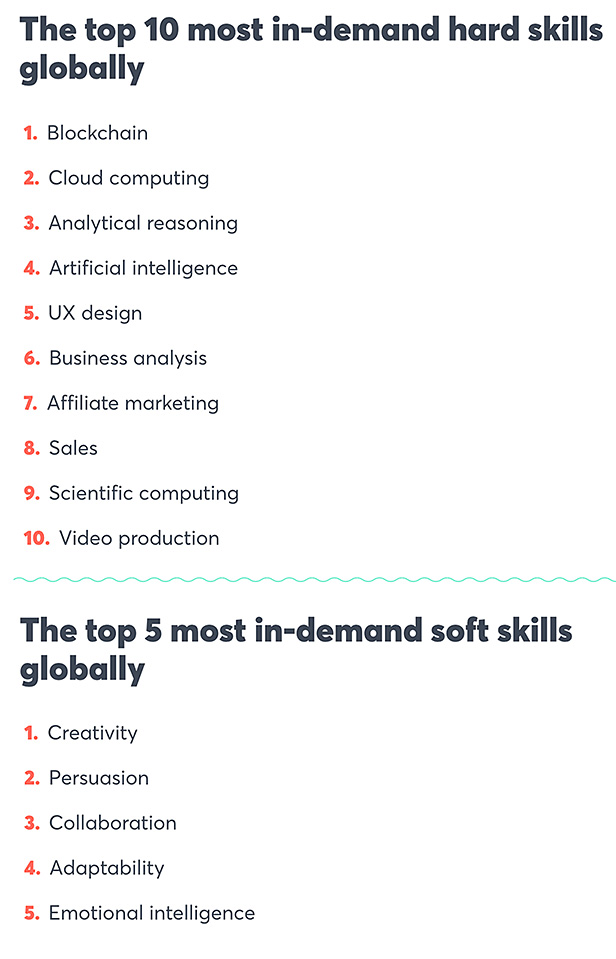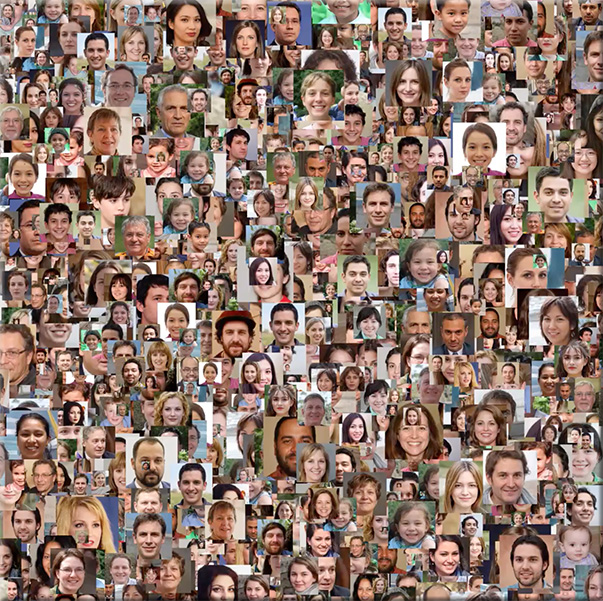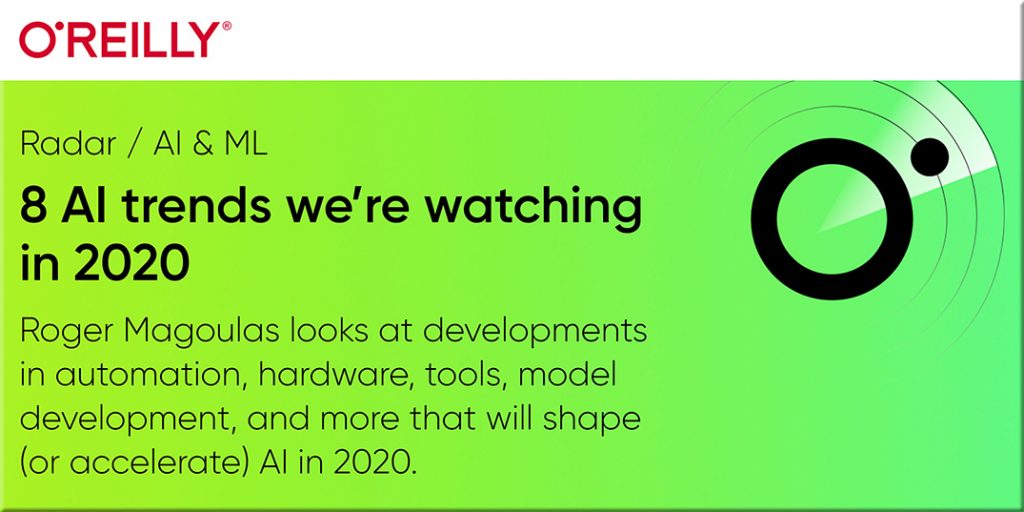Technology Trends: The evolution of machine learning and artificial intelligence in 2020 — from dqindia.com
Technology trends in the upcoming year will focus on how new age technologies such as machine learning and artificial intelligence will advance
Excerpt:
While technology trends in the past year revolved around making machine learning and artificial intelligence accessible for everyone, this year will be about how these technologies will evolve to benefit businesses. With the beginning of 2020, Ramesh SivaSubramanian, Head of Ramco Innovation Lab, Singapore has made technology predictions. The following is a gist on each key technology trend.
From DSC:
Looking at these trends, is this the future we want? While some of these are positive trends, some of these ring of distrust to me…and could easily be steering toward a dystopian future, such as this one (emphasis mine):
Improving attendance and workplace access using Facial Recognition
2020 will see significant workplace adoption of facial recognition, especially for customer-centric and cybersecurity functions. Enterprises which adopt this capability, especially those with sizeable workforces, will reduce if not eliminate the tedium of keeping track of employees. It will also solve many issues related to password and access cards, saving even more time and costs.











